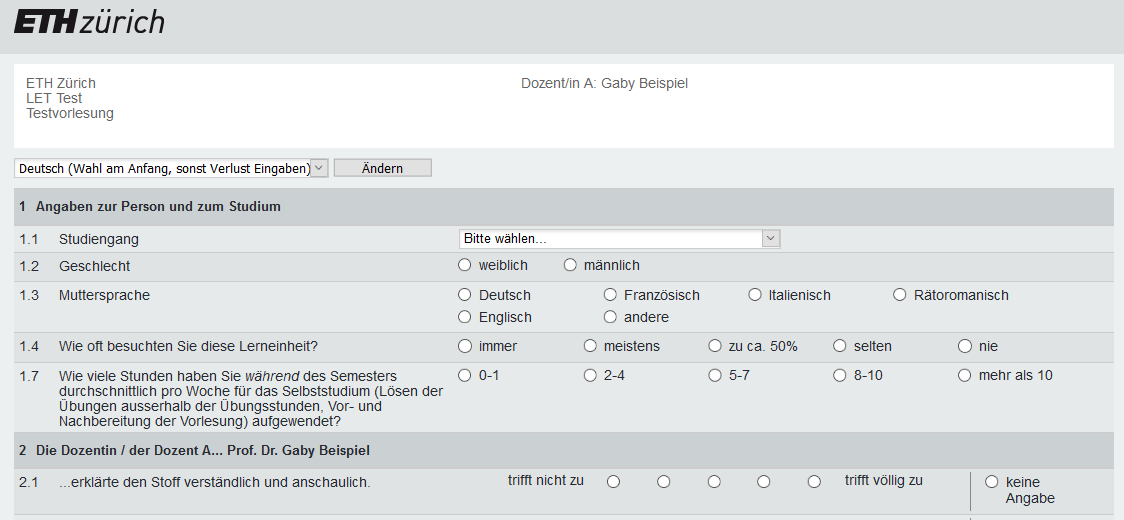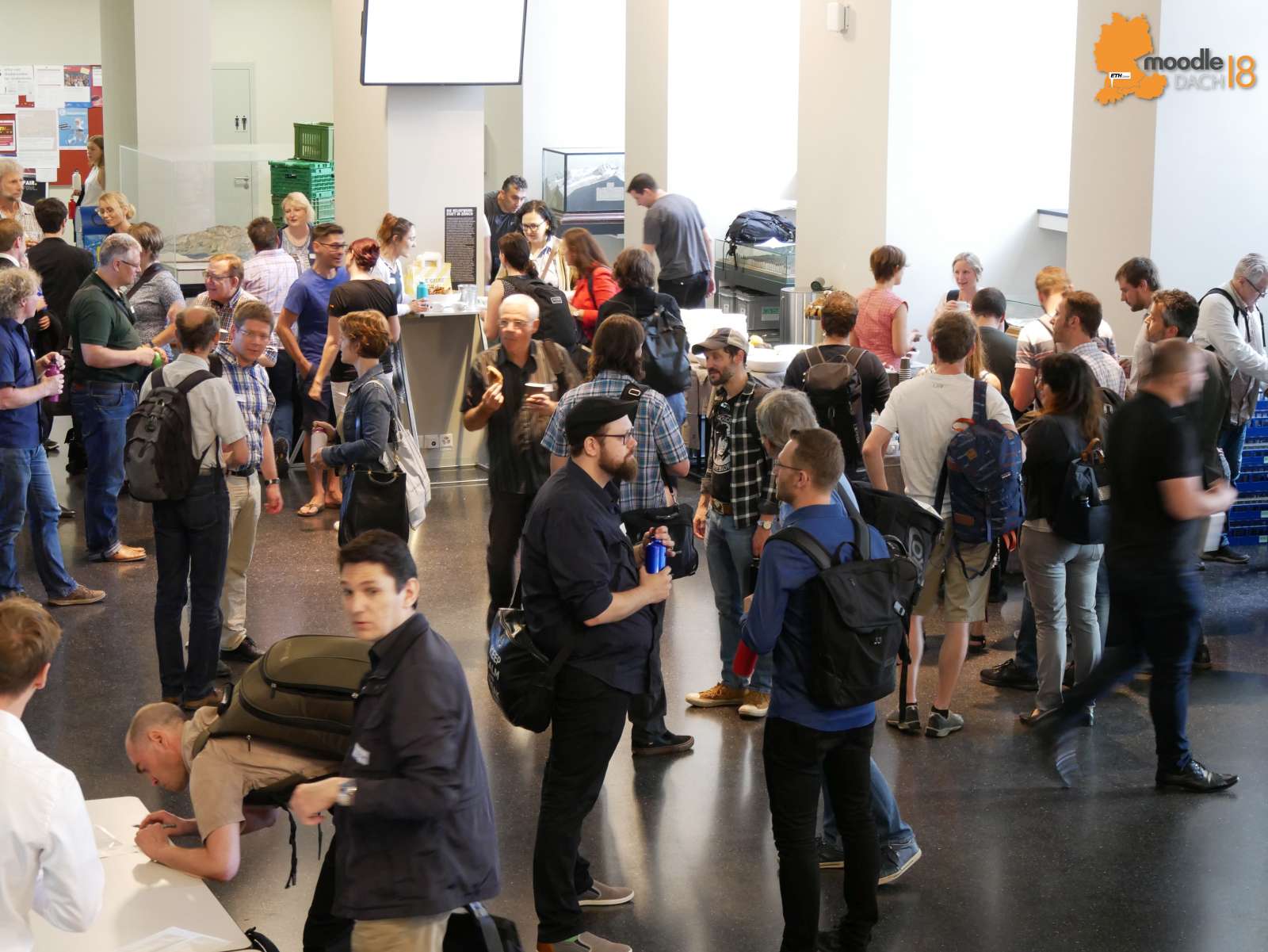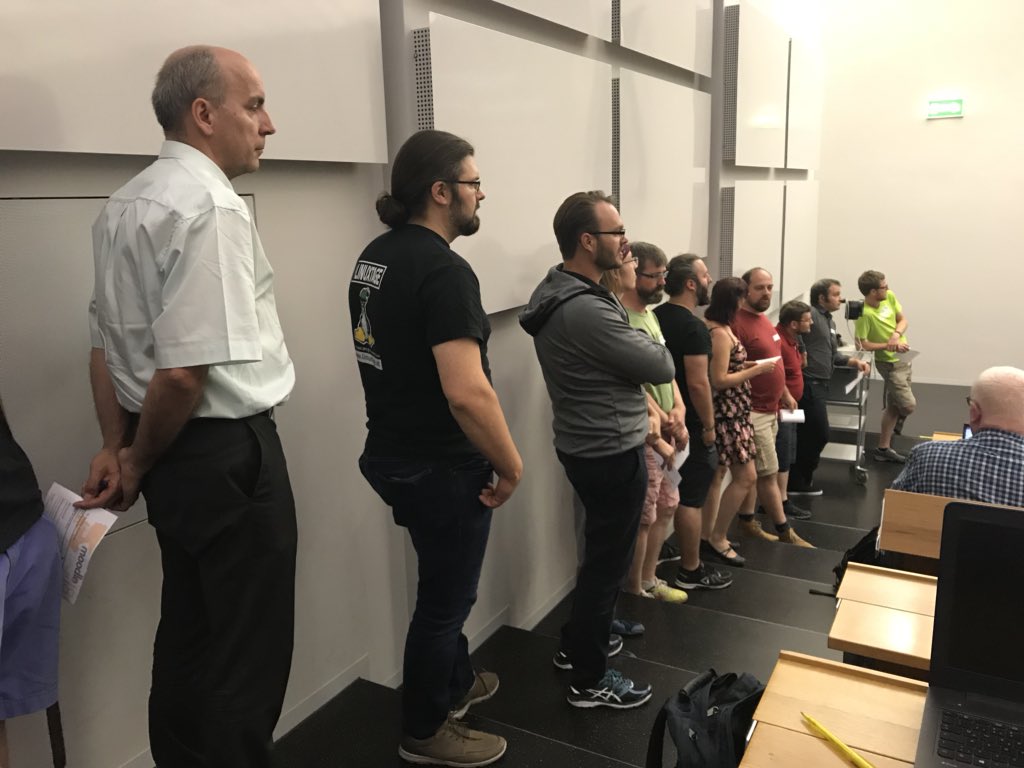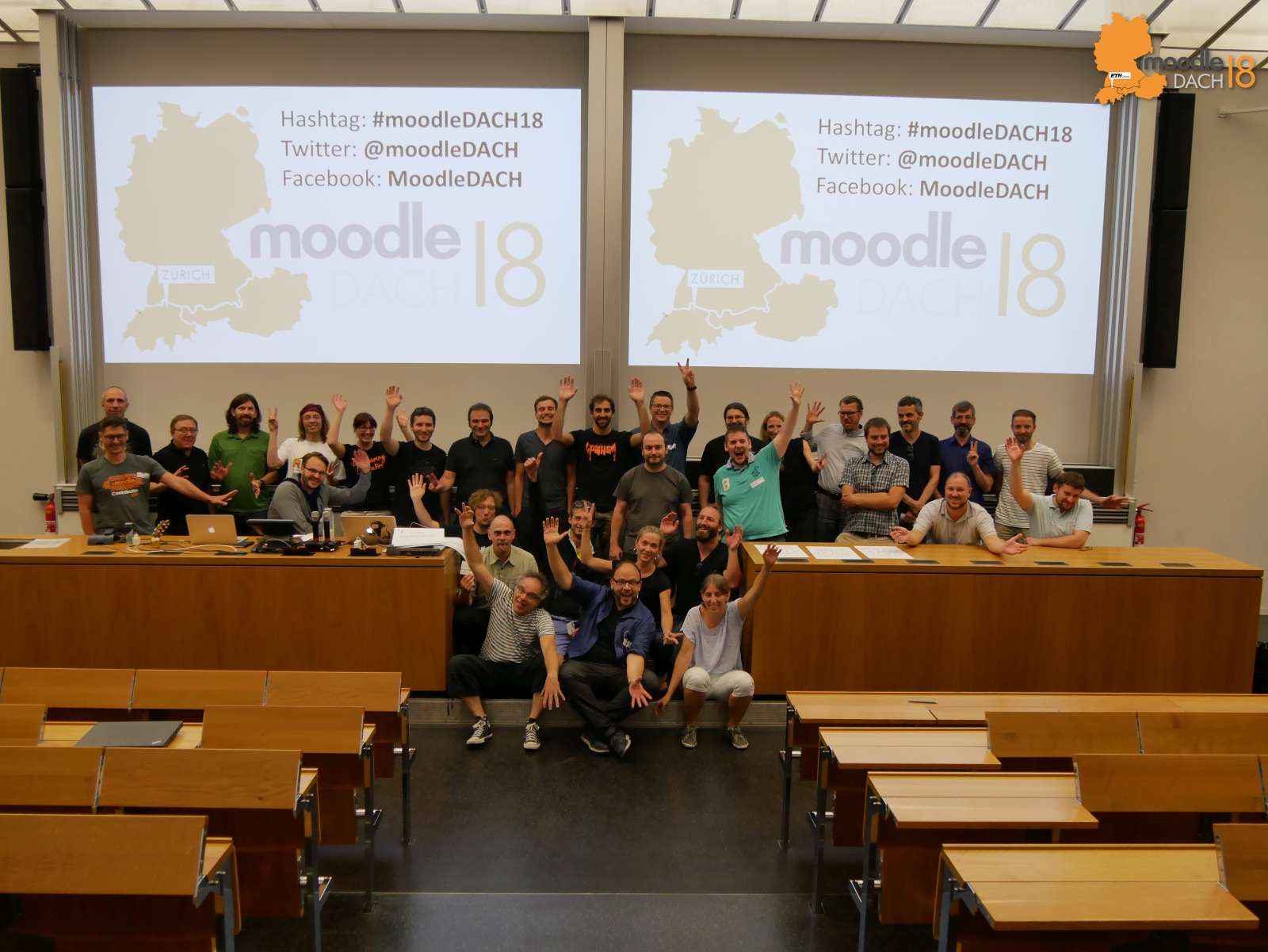Online-Unterrichtsbeurteilung im Hörsaal ist nun einfach möglich

Studien zeigen, dass sich die Rücklaufquote zur Unterrichtsbeurteilung steigern lässt, wenn Dozierende die Studierenden zur Teilnahme an der UB motivieren und Zeit zum Ausfüllen der Umfrage im Unterricht zur Verfügung stellen.
Wir haben unser Evaluierungssystem EvaSys in diesem Jahr so weiterentwickelt, dass die Dozierenden in der Lage sind, das Startdatum der Umfrage zur Beurteilung ihrer Lerneinheit selber einzustellen. Dies ist insbesondere sinnvoll wenn die Online-Unterrichtsbeurteilung im zu einem bestimmten Zeitpunkt im Hörsaal durchgeführt werden soll.
Ein AAI-Login mit nethz-Zugangsdaten unter der URL
https://evasys-back1.let.ethz.ch/EUB/
genügt und die Dozierenden landen in der Ansicht “Meine Umfragen”.
Was ist in dieser Ansicht möglich?
Im aktuellen Semester:
Die Dozierenden sehen alle ihre Lerneinheiten des Semesters, zu denen eine Umfrage angelegt wurde. Sowohl Haupt- als auch Sekundärdozierende einer Lerneinheit können das Startdatum der Online-Umfrage durch Klicken auf das Bleistift-Symbol anpassen. Wenn die Befragung online im Hörsaal durchgeführt werden soll, startet sie/er die Umfrage idealerweise ca. 15 Minuten vor Beginn der Veranstaltung. Die Studierenden erhalten zum eingestellten Zeitpunkt via E-Mail einen personalisierten Link zur Umfrage und der/die Dozierende kann die Studierenden auffordern, die Umfrage im Hörsaal mit mobilen Geräten auszufüllen.
Für vergangene Semester:
Durch Wahl eines vergangenen Semesters können Dozierende die Resultate aus Lerneinheits- und Leistungskontrollbeurteilungen der letzten 7 Jahre einsehen, die Sie betreffen.
Wir hoffen, dass ab dem HS18 viele Dozierende die Möglichkeit einer Kursbeurteilung in Hörsaal nutzen und dadurch ein positiver Effekt auf die Rücklaufquote sichtbar wird.









